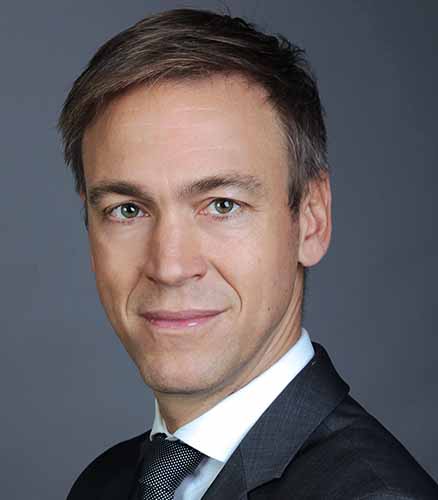Sessions With Philipp Steinberg
Wednesday, 20 March
-
03:20pm - 04:00pm (CST) / 20/mar/2024 08:20 pm - 20/mar/2024 09:00 pm
Re-powering Europe: Policy and markets
Power/Clean PowerThe war in Ukraine and commitments to the global climate agenda have created a new energy reality in Europe. The EU has pursued a strategy that has drastically reduced its dependence on Russian gas while accelerating a transition to renewable energy. The energy mix across Europe has been reshuffled as a result and the policies in place have the potential to significantly alter industrialization across the Continent. How will Europe’s energy portfolio continue to evolve and what impact will it have on industrial activity? Can the Continent wean itself entirely off Russian gas? What is the future for gas, hydrogen and nuclear energy in Europe?

